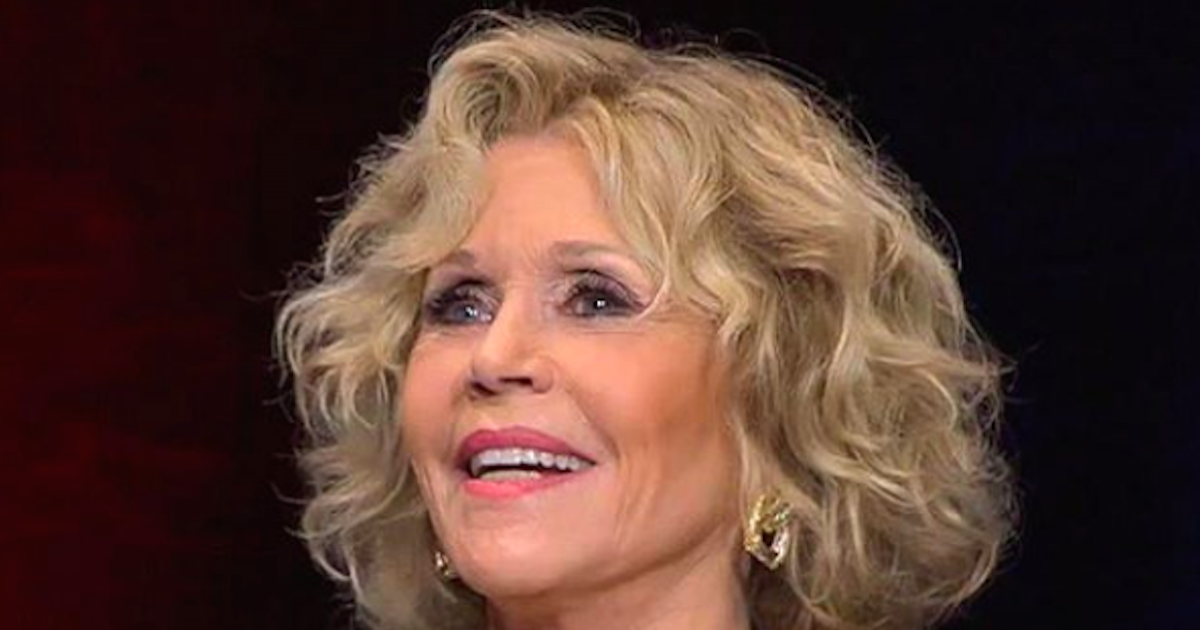Jane Fonda is 82-years-old and on the cover of Elle. She is a breast cancer survivor and a thriver. Whatever you think about Fonda, it’s a remarkable reminder about resilience.
Fonda announced to fans that she is the face of Elle’s Earth Day issue, which focuses on women fighting for climate justice. Dressed in a black and grey power suit, Fonda is channeling the strength and power of both a cancer survivor and environmental rights activist.
Read MoreFonda’s cancer battle didn’t stop there. In 2018, while speaking to The Today Show, Fonda addressed bandages on her face by explaining she had a cancer taken away from her lip.
"Well, the world is falling apart, what's a lip?" Fonda asked. "Yeah, they did (biopsy it.) I'm going to be fine, thanks.”
Breast Cancer And Considering A Mastectomy
Fonda isn’t the only celebrity to go through a mastectomy, other familiar faces like Elle’s Editor-In-Chief Nina Garcia, Angelina Jolie, Julia Louis-Dreyfus, and others have all opened up about their experiences with the procedure.
A mastectomy is a procedure which removes either one or both breasts. It’s usually done to treat breast cancer, but other women have the surgery to prevent a breast cancer diagnosis if there’s history of the disease in their family. However when considering a mastectomy, there are a few factors to weigh in the decision.
Related: Implant Reconstruction After a Mastectomy: The Options
“Depending on the size and other features, such as family history, a patient may opt for more aggressive surgery,” Dr. Elizabeth Comen, a medical oncologist at Memorial Sloan Kettering Cancer Center, tells SurvivorNet.
In addition to risk factors, there are a few surgery options patients should keep in mind while approaching physicians for breast cancer treatment.
Dr. Ann Partridge explains when women should consider a mastectomy during breast cancer treatment
“When I talk to a woman who comes to me and she has breast cancer, I evaluate what the standard options for treatment for her are, which typically include cutting out the cancer — which is either a lumpectomy if you can get it all with just a little scooping around of the area that’s abnormal or a mastectomy for some women meaning taking the full breast because sometimes these lesions can be very extensive in the breast,” Dr. Ann Patridge, a medical oncologist at Dana-Farber Cancer Institute, explains to SurvivorNet.
Learn more about SurvivorNet's rigorous medical review process.


